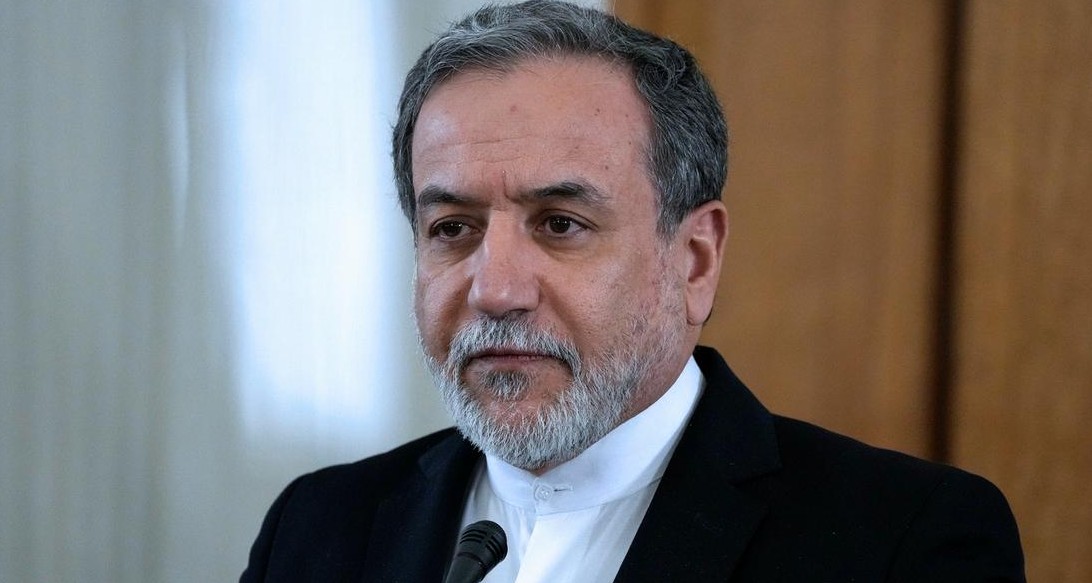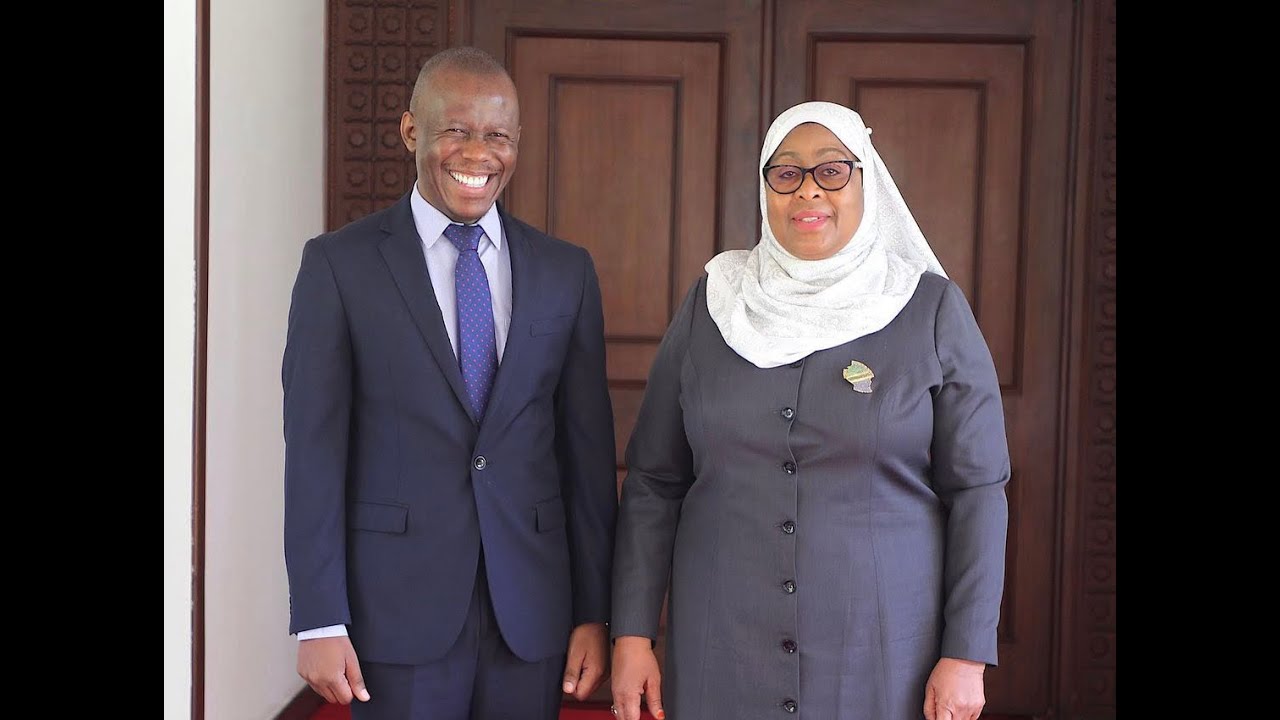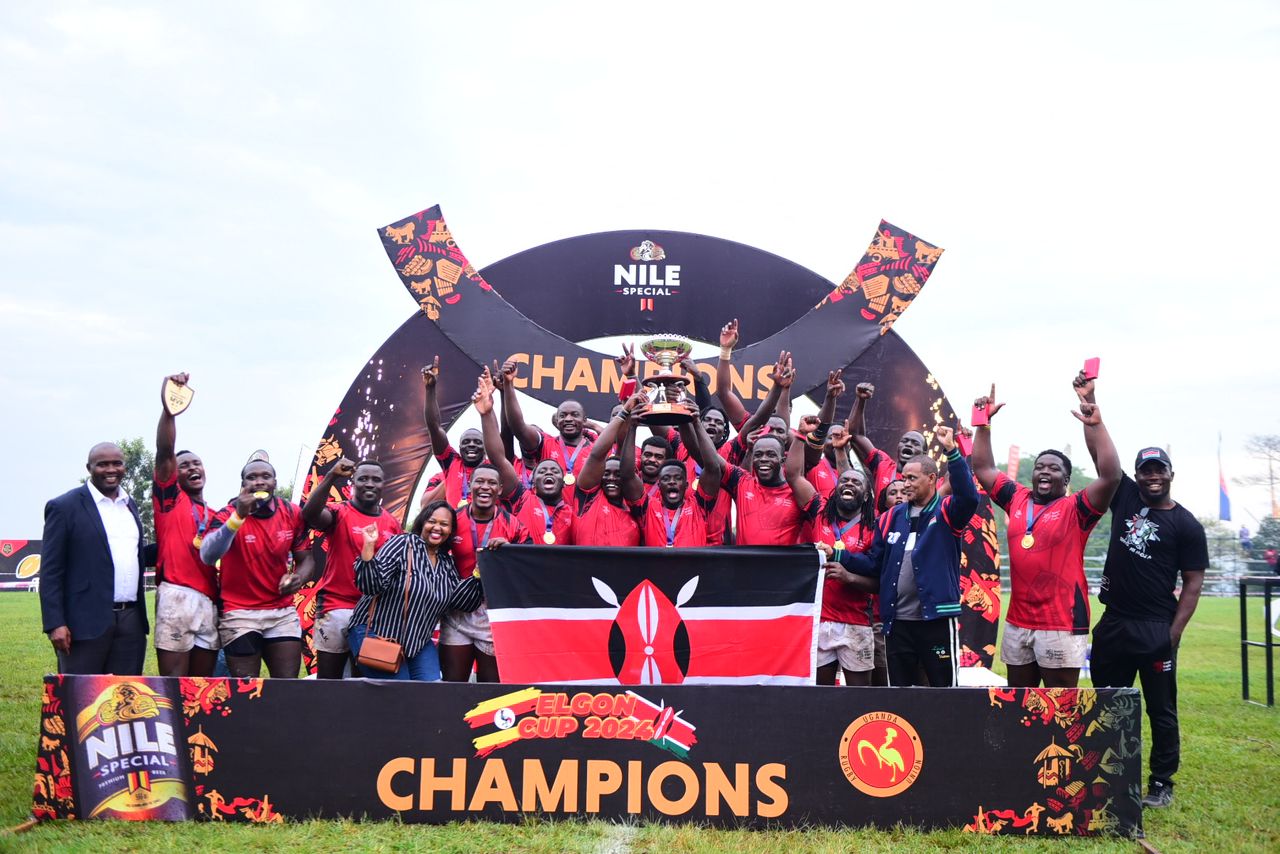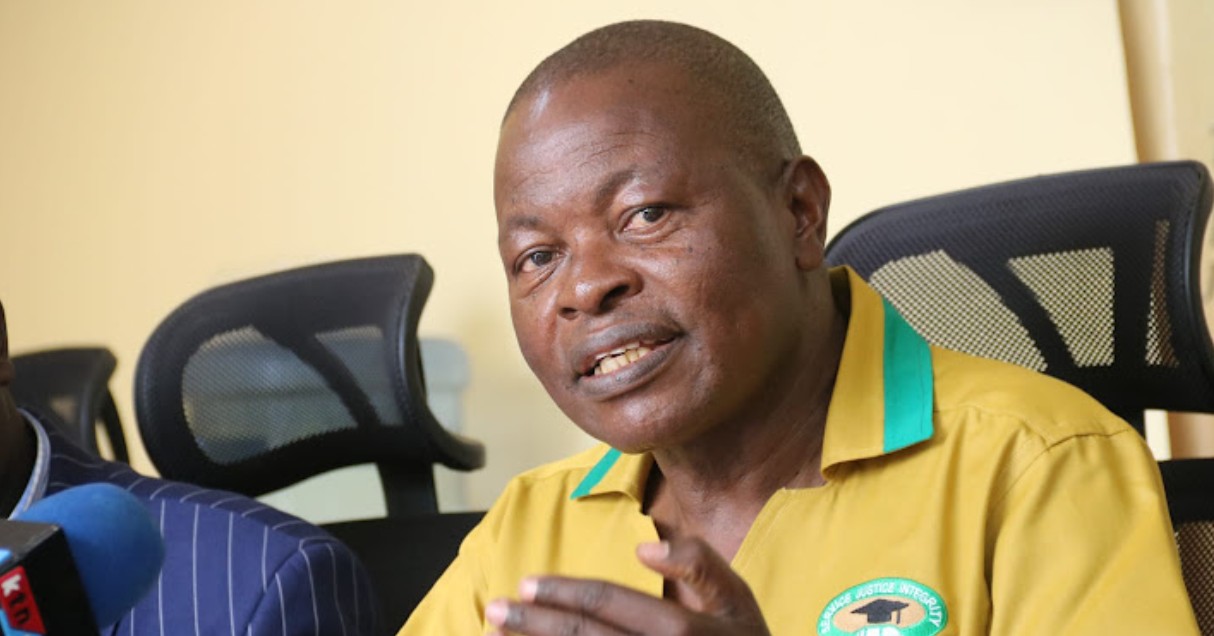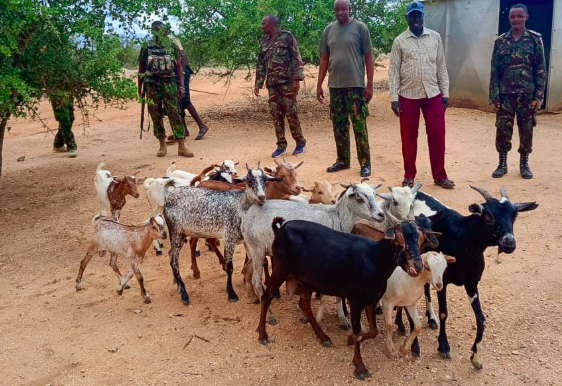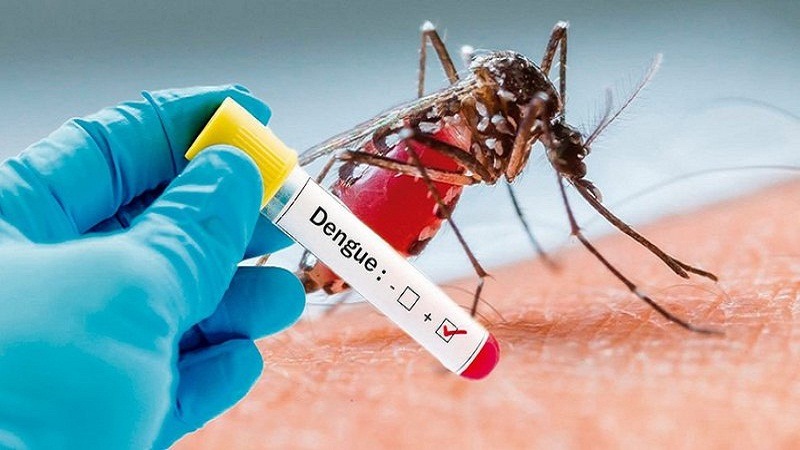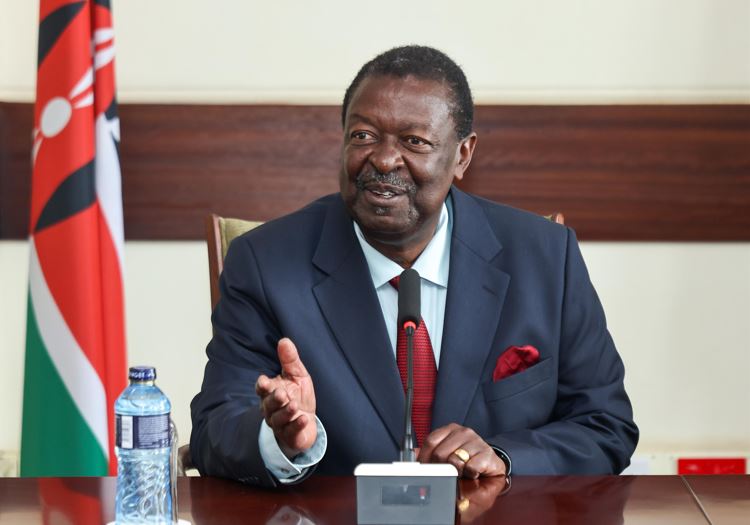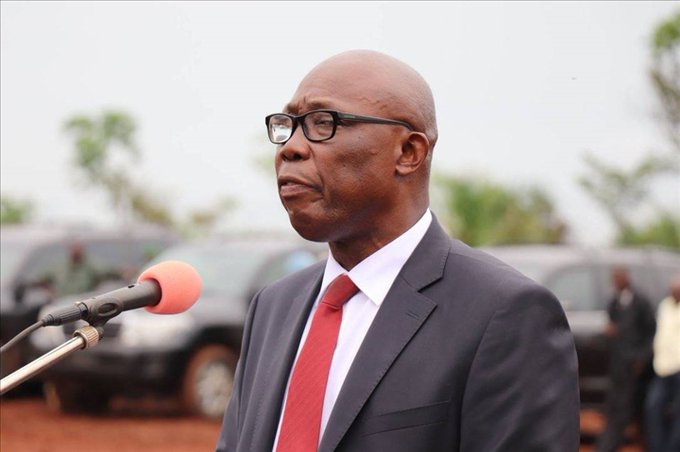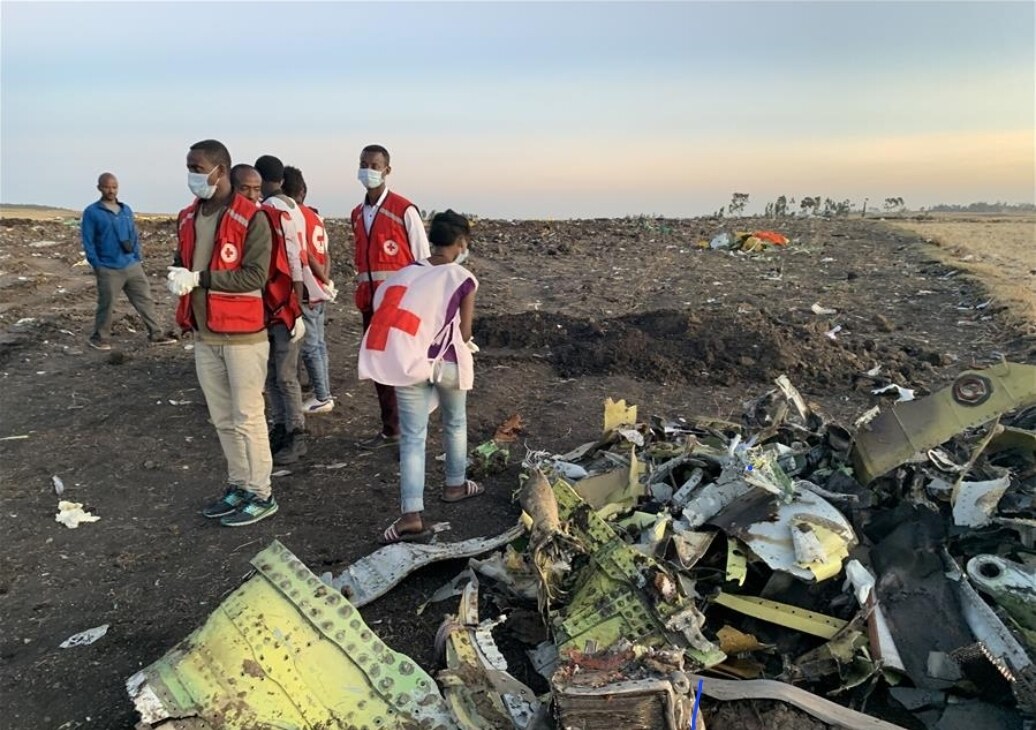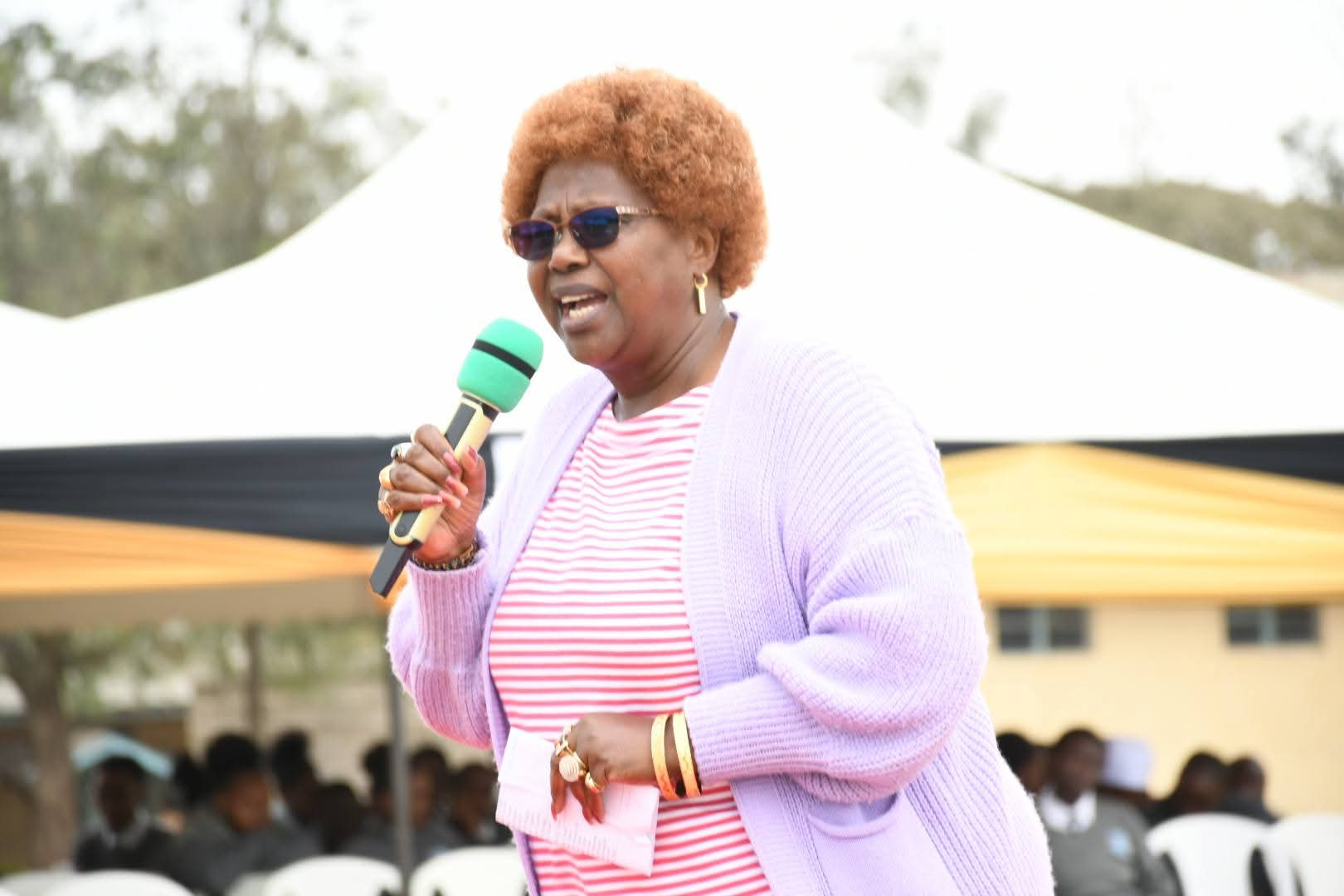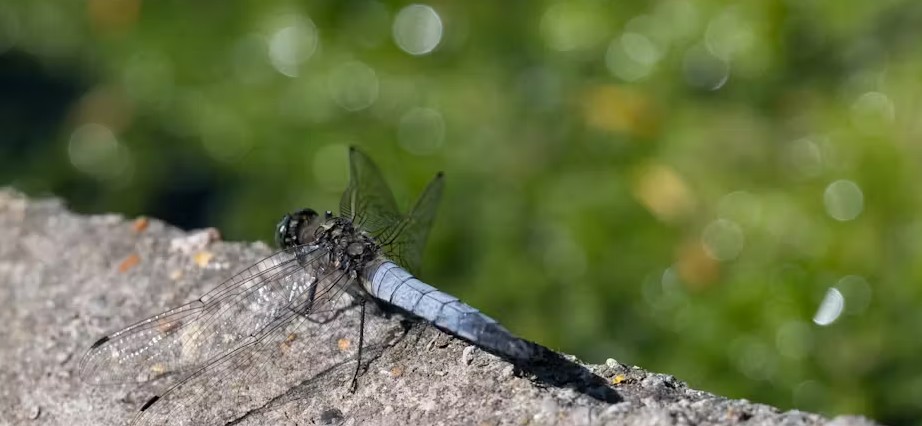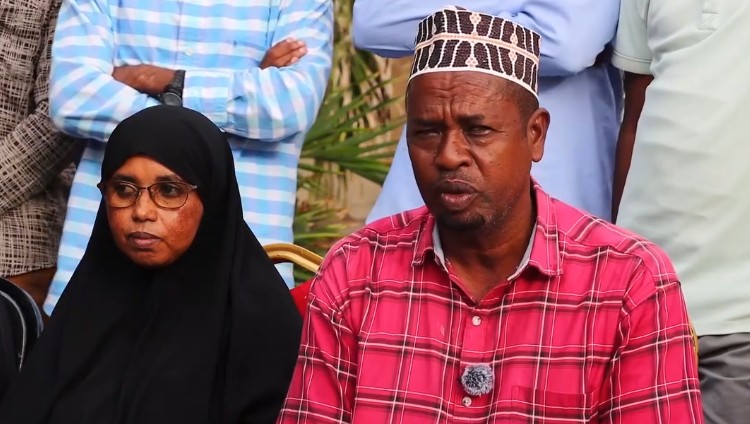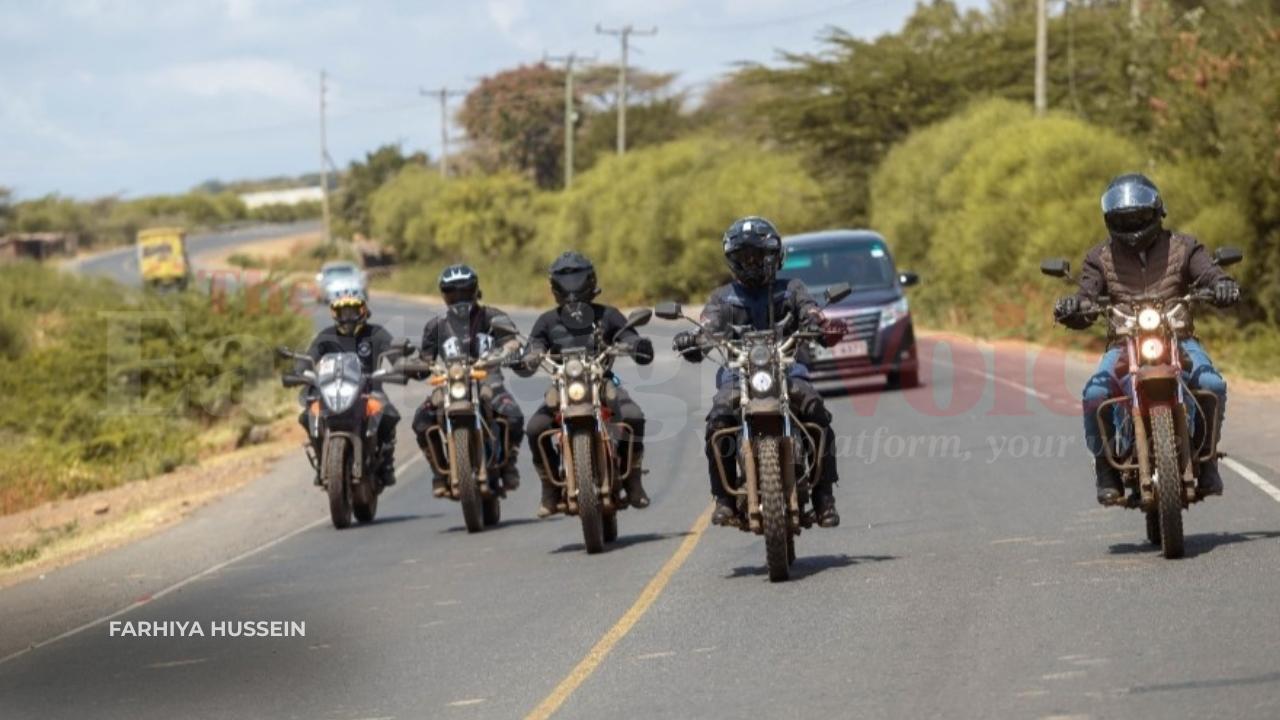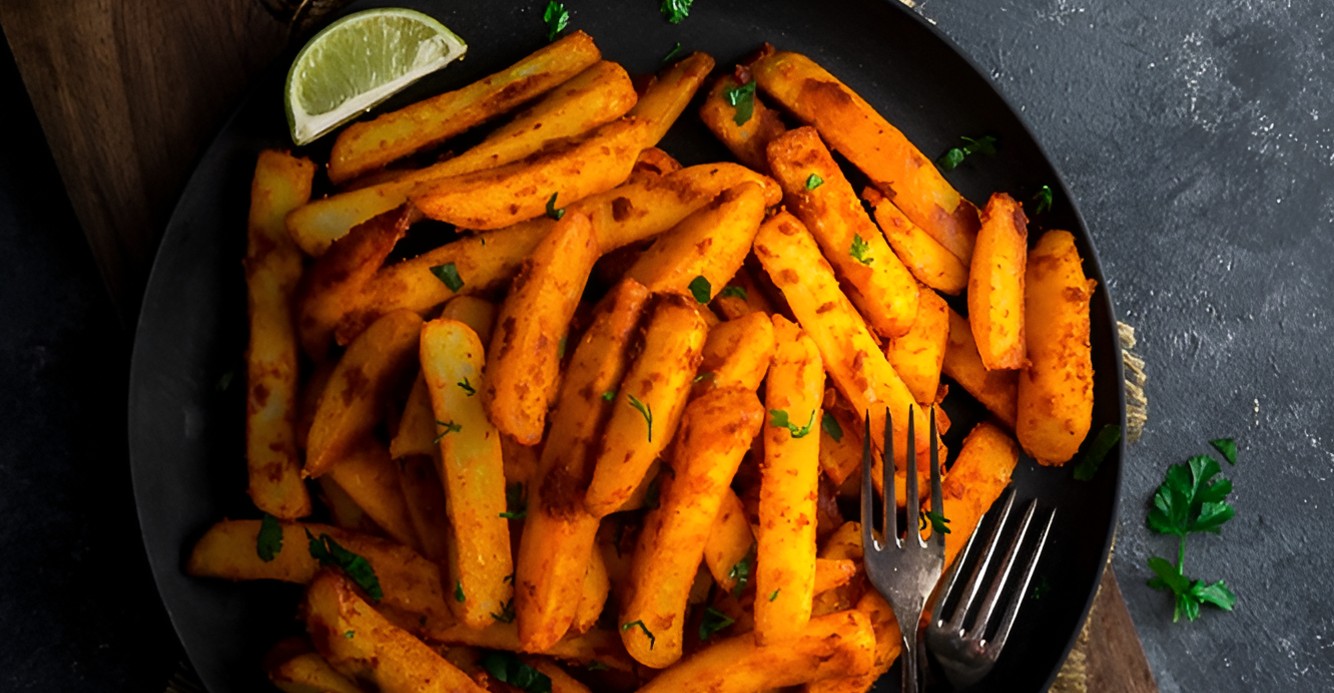South Africa pushes back against Washington as US snubs G20 Summit
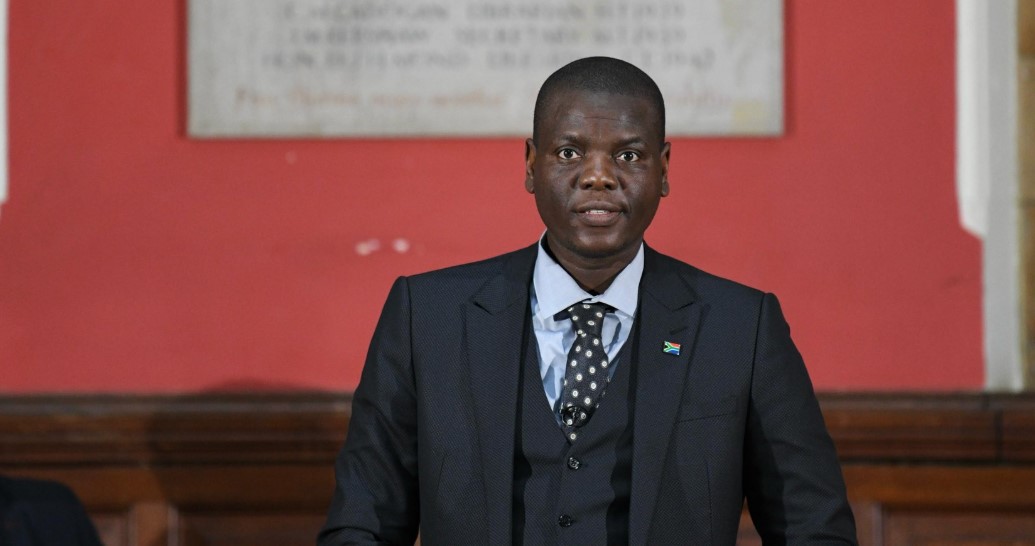
While Rubio's remarks focused on land reform, the reality is that US-South Africa relations have been deteriorating for years due to Pretoria's increasingly independent foreign policy.
South Africa has signalled that it will not bow to diplomatic pressure from Washington after the US Secretary of State Marco Rubio announced he would boycott the G20 summit in Johannesburg.
The move, widely seen as a political statement, puts to light growing tensions between Pretoria and Washington, particularly over land reform policies, South Africa's foreign policy alignments, and its stance on Israel.
More To Read
- DRC-Rwanda peace deal: What you need to know
- Mudavadi meets US top diplomat Marco Rubio in Washington, days after China visit
- Congo, Rwanda submit draft peace plan as US pushes for deal tied to mining investment
- South Africa as G20 leader can take action on Africa’s food supply: 4 ways to make a difference
- US cancels all South Sudan visas due to country's failure to repatriate its citizens
- US declares South African ambassador persona non grata amid rising tensions
Rubio's decision, announced via X, accused South Africa of "doing very bad things," including expropriating private property and using the G20 platform to advance "solidarity, equality, and sustainability" — which he dismissed as a cover for diversity, equity, and inclusion (DEI) policies and climate activism.
"My job is to advance America's national interests, not waste taxpayer money or coddle anti-Americanism," Rubio declared, making it clear that his decision was driven by ideological and policy disagreements with Pretoria.
Carefully worded rebuttal
Hours after Rubio's announcement, South African Foreign Minister Ronald Lamola responded with a carefully worded rebuttal on X, subtly framing South Africa as a sovereign nation committed to fairness, inclusivity, and multipolar diplomacy.
"We are a sovereign and democratic country committed to human dignity, equality, and rights, championing non-racialism and non-sexism while placing our constitution and the rule of law at the forefront," Lamola said without directly mentioning Rubio.
To counter Washington's narrative on land expropriation, he clarified, "There is no arbitrary dispossession of land or private property. This law is similar to the eminent domain laws in other democracies."
By invoking Ubuntu — a Southern African philosophy centred on collective problem-solving — Lamola positioned South Africa's G20 agenda as a push for greater equity in global governance.
"Our G20 presidency is not confined to just climate change but also equitable treatment for nations of the Global South, ensuring an equal global system for all," he emphasized.
The message to some diplomatic pundits was clear: Pretoria will not be dictated to by Washington and intends to use its G20 platform to assert its leadership in reshaping international economic and political systems in favour of developing nations.
Deteriorating relations
While Rubio's remarks focused on land reform, the reality is that US-South Africa relations have been deteriorating for years due to Pretoria's increasingly independent foreign policy.
South Africa maintains close ties with Russia, China, and Iran — three of Washington's biggest geopolitical adversaries.
South Africa's decision to participate in naval drills with Russia and China last year raised alarm bells in Western capitals, further deepening mistrust.
Pretoria has emerged as one of the most vocal critics of Israel, taking Tel Aviv to the International Court of Justice (ICJ) over alleged genocide in Gaza. This move was seen as a direct challenge to US foreign policy, given Washington's staunch support for Israel.
In Washington, discussions about reassessing or downgrading relations with South Africa have gained traction. US lawmakers have repeatedly expressed frustration over Pretoria's stance on global issues, with some calling for a reduction in US trade and aid cooperation with South Africa.
What's Next?
Rubio's boycott of the G20 is unlikely to shake Pretoria's resolve, but it does set the stage for further diplomatic tension.
If Washington continues its pressure campaign, South Africa may deepen its engagements with alternative power centres such as BRICS and the African Union.
At the same time, South Africa still values its economic ties with the US — a key trade partner.
Whether it can maintain its balancing act between engaging Washington and pursuing its multipolar vision remains to be seen.
Top Stories Today
